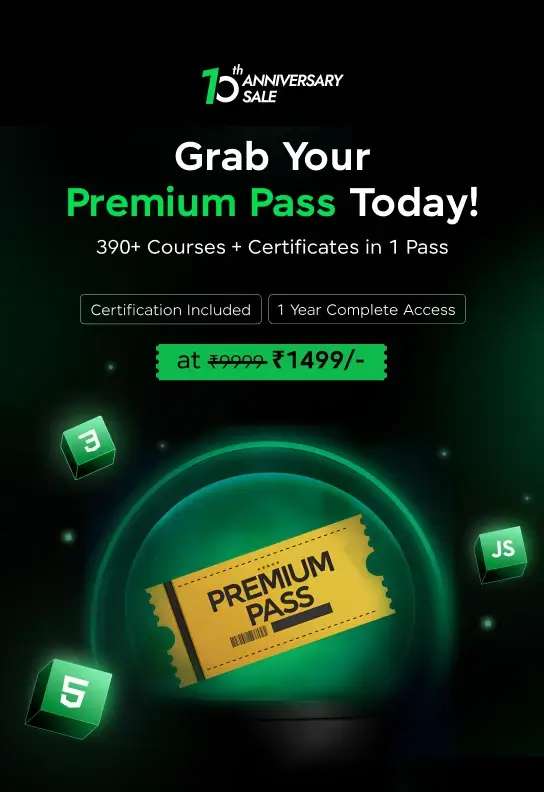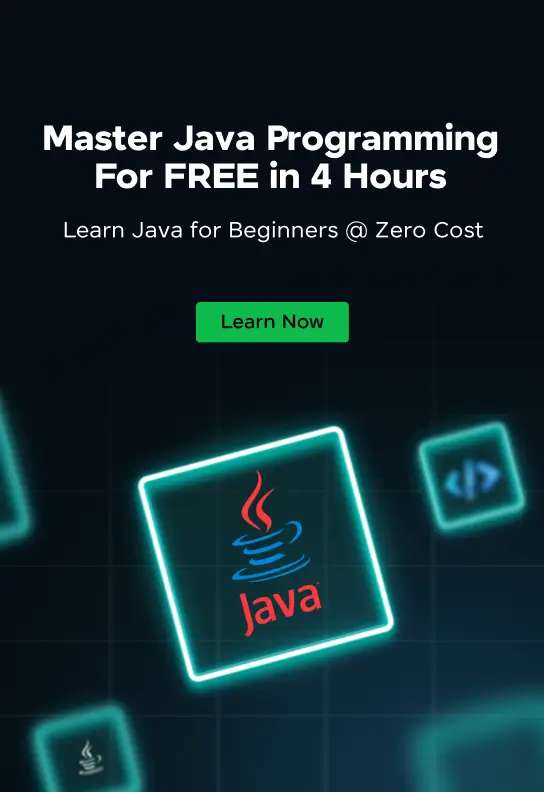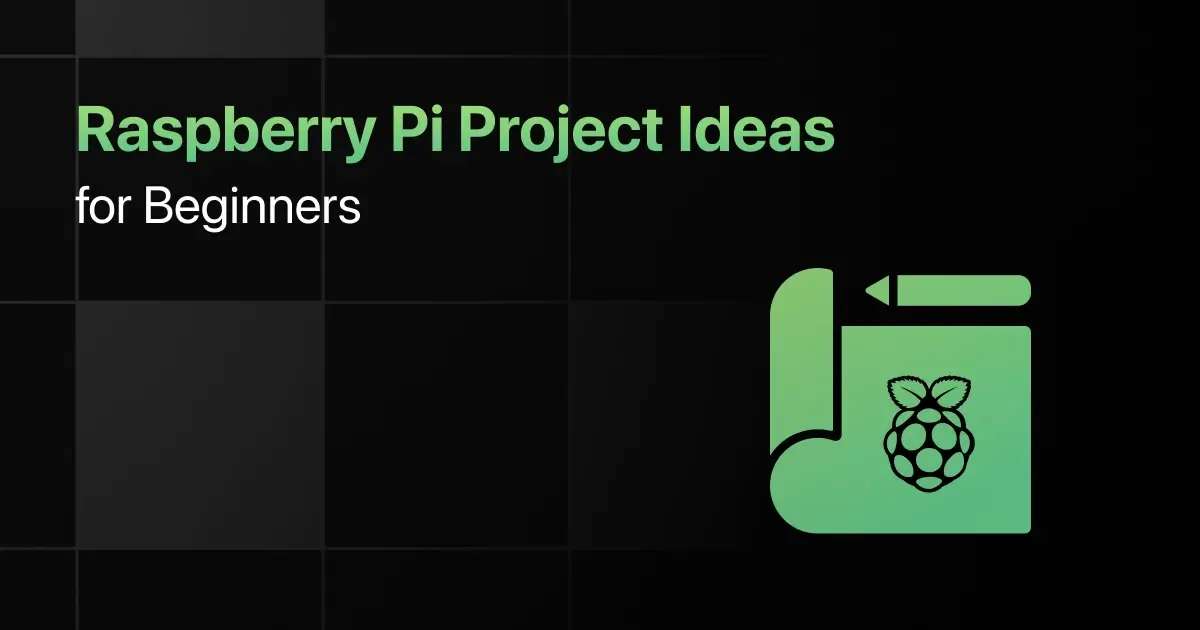Best Websites to Learn Java Programming
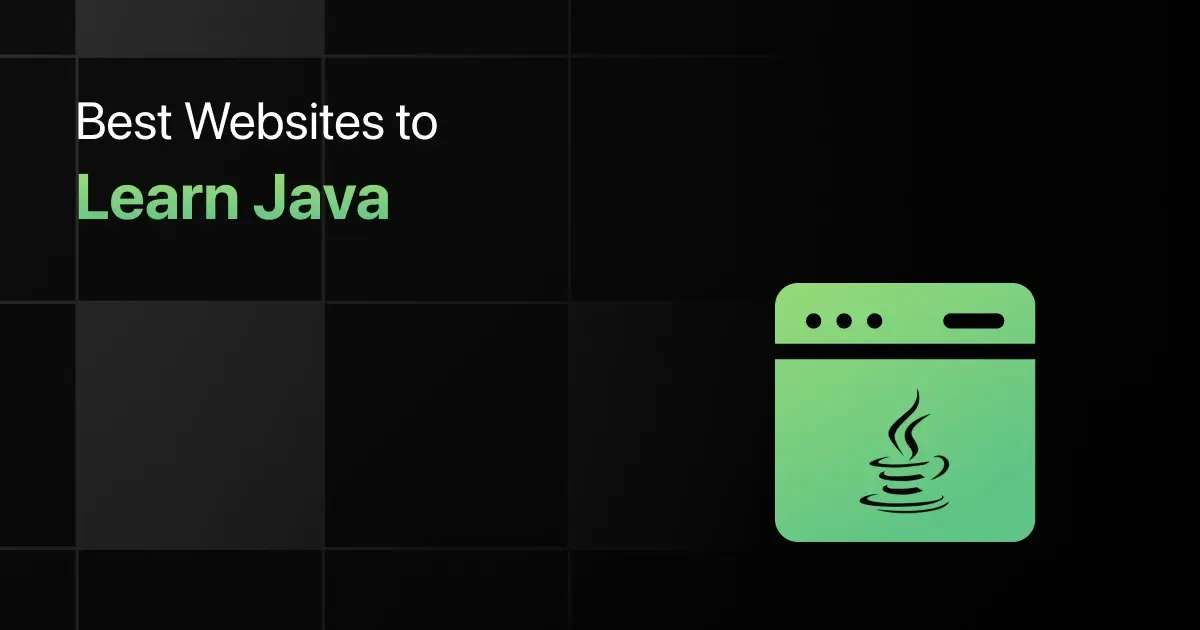
Ever thought about learning Java but got stuck on where to start without spending a fortune? Look no further!
The best websites to learn Java programming for free are here to help you start your coding journey, offering a wealth of resources without any cost.
10 Best Websites for Java – Overview
Here’s an overview of the top 10 websites to learn Java:
| S.No. | Website Name | Course Duration | Pricing | Certification | Website Link |
|---|---|---|---|---|---|
| 1 | GUVI | 4 hours | Freemium | Yes | Visit Now |
| 2 | Udemy | 16 hours | Free | No | Visit Now |
| 3 | Educative | 6 hours | Free | Yes | Visit Now |
| 4 | Pluralsight | 7 hours | Paid | No | Visit Now |
| 5 | Coursera | 6 months | Freemium | Yes | Visit Now |
| 6 | Codecademy | 16 hours | Paid | Yes | Visit Now |
| 7 | JetBrains Academy | 43 hours | Freemium | Yes | Visit Now |
| 8 | Javatpoint | Self-paced | Free | No | Visit Now |
| 9 | edX | 4 weeks | Freemium | Yes | Visit Now |
| 10 | Udacity | Self-paced | Paid | No | Visit Now |
Best Websites to Learn Java Programming for Beginners
Below is the list of best websites to learn Java for beginners:
1. GUVI
GUVI’s Java Beginners Course is designed to accelerate the careers of aspiring software developers by teaching them how to build scalable software applications using Java.
This course is ideal for beginners, as it requires no prior experience and covers all the core concepts of Java programming. Learners will master object-oriented programming (OOP) using Java, along with JSP, Servlets, and MySQL. The course also delves into design principles, best coding practices, and professional development techniques.
Course Diversity: Covers Java programming basics, ideal for beginners.
Learning Style: Self-paced with recorded content, focusing on Java fundamentals.
Pricing Structure: Free access to course content, fee for certification.
Platform Usability: User-friendly interface, easy access to course materials.
Certifications Offered: Industry-recognized certification from an IIT-M incubated company.
Language Options: Primarily in English.
Instructor Expertise: Courses designed by industry experts with extensive experience.
Duration of Courses: 4 hours of recorded content.
Community and Support: Access to a dedicated forum for doubt clearance and a community of learners.
2. Udemy
Udemy’s “Java Tutorial for Complete Beginners” is a comprehensive course designed to introduce beginners to the world of Java programming. Created by John Purcell, this free tutorial is perfect for those with no prior programming experience.
The course covers the fundamentals of Java programming, including how to write and execute Java code, understand basic programming concepts, and develop simple applications. With 16 hours and 7 minutes of on-demand video content, the course provides an in-depth exploration of Java, making it an ideal starting point for anyone looking to learn this popular programming language.
Course Diversity: Covers all core aspects of Java, suitable for complete beginners.
Learning Style: Video-based learning, allowing learners to follow along at their own pace.
Pricing Structure: Completely free.
Platform Usability: Hosted on Udemy, easy to access and navigate.
Certifications Offered: Does not offer certificates for this course.
Language Options: Content in English, with subtitles in Bulgarian and 13 other languages.
Instructor Expertise: Created by John Purcell, known for popular programming courses.
Duration of Courses: 16 hours and 7 minutes of video content.
Community and Support: Udemy provides Q&A sections and direct messaging with the instructor.
3. Educative
Educative’s “Learn Java from Scratch” course is an interactive and beginner-friendly program designed to demystify procedural programming and introduce Java to those new to the field. The course starts with fundamental concepts like built-in input and output methods, then progresses to user-defined methods, basic data types, and their applications.
It covers various program structures such as sequential, selective, and iterative, providing a comprehensive understanding of how to write different types of programs. The course emphasizes hands-on learning, culminating in a project that consolidates all the concepts taught.
Course Diversity: Focuses on foundational Java programming concepts, suitable for beginners.
Learning Style: Interactive, hands-on learning with a focus on procedural programming.
Pricing Structure: Free access to the course.
Platform Usability: User-friendly and interactive, designed for easy learning.
Certifications Offered: Certificate of completion provided.
Language Options: Content available in English.
Instructor Expertise: Course created by Educative, known for high-quality, expert-led programming courses.
Duration of Courses: Approximately 6 hours, self-paced.
Community and Support: Access to Educative’s community and support resources.
4. Pluralsight
Pluralsight’s “Java Fundamentals: The Java Language” course, taught by Jim Wilson, is a comprehensive program that provides complete coverage of the Java programming language.
This course is designed as a strong foundation for all Java-based development environments, including client-based, server-side, and Android. It is suitable for beginners and covers essential Java concepts such as variables, data types, math operators, conditional logic, looping, arrays, class inheritance, error handling, and working with packages.
The course also delves into more advanced topics like class inheritance, interfaces, and exception handling.
Course Diversity: Comprehensive coverage of Java programming language fundamentals.
Learning Style: Video-based learning with in-depth coverage of key Java concepts.
Pricing Structure: Available through Pluralsight subscription.
Platform Usability: User-friendly platform with easy access to course materials.
Certifications Offered: Does not specify certifications for this course.
Language Options: Content available in English.
Instructor Expertise: Taught by Jim Wilson, an expert with extensive experience in mobile and software development.
Duration of Courses: Approximately 7 hours and 42 minutes.
Community and Support: Access to Pluralsight’s community and support resources.
5. Coursera
The “Java Programming and Software Engineering Fundamentals” specialization on Coursera, offered by Duke University, is an extensive program designed to introduce beginners to the world of software development using Java.
The courses cover a wide range of topics, including software engineering, data structures, computer programming, data analysis, algorithms, and more. The specialization is structured to provide in-depth knowledge of Java programming, equipping learners with the skills to solve complex problems and design algorithms.
It also includes hands-on projects like creating a recommender engine similar to Netflix or Amazon, giving learners practical experience in software development.
Course Diversity: Covers a wide range of Java programming and software engineering topics.
Learning Style: Video-based learning with hands-on projects for practical experience.
Pricing Structure: Accessible through Coursera subscription, financial aid available.
Platform Usability: User-friendly platform with flexible learning schedule.
Certifications Offered: Shareable certificate upon completion of the specialization.
Language Options: Content available in English with 20 other languages for subtitles.
Instructor Expertise: Courses taught by experienced instructors from Duke University.
Duration of Courses: Approximately 6 months at 10 hours per week.
Community and Support: Access to Coursera’s vast community of learners and developers.
6. Codecademy
Codecademy’s “Learn Java” course is tailored for individuals seeking to master Java, a robust programming language widely used in software, web, and mobile app development.
It covers core programming concepts and object-oriented principles, providing learners with the skills to develop large systems, software, and mobile applications. The course structure includes interactive lessons, projects, and quizzes, ensuring a hands-on learning experience.
Course Diversity: Comprehensive coverage of Java programming basics and applications.
Learning Style: Interactive, hands-on learning with projects and quizzes.
Pricing Structure: Included with Codecademy’s paid plans.
Platform Usability: User-friendly and interactive online learning environment.
Certifications Offered: Certificate of completion included with paid plans.
Language Options: Course content primarily in English.
Instructor Expertise: Developed by experienced programmers and educators.
Duration of Courses: Approximately 16 hours to complete.
Community and Support: Access to Codecademy’s community and learning resources.
7. JetBrains Academy
Hyperskill’s “Introduction to Java” track, provided by JetBrains Academy, is a comprehensive program designed to teach Java programming to beginners. This track is ideal for those looking to understand the language behind millions of apps and grasp core programming concepts.
The course covers fundamental topics such as loops, conditional statements, strings, arrays, and error-handling in Java. It also provides hands-on experience in building projects, making it a perfect entry point for building a CV and preparing for AP Computer Science exams.
Course Diversity: Covers Java programming basics and core concepts, suitable for beginners.
Learning Style: Text-based lessons with practical exercises and project building.
Pricing Structure: Free access to start, with various subscription plans available.
Platform Usability: User-friendly and adaptable to learner’s level based on diagnostic tests.
Certifications Offered: Does not specify certifications for this track.
Language Options: Content primarily in English.
Instructor Expertise: Content provided by seasoned developers from JetBrains.
Duration of Courses: Approximately 43 hours, self-paced learning.
Community and Support: Access to a community of learners for discussion and networking.
8. Javatpoint
JavaTpoint’s Java tutorial is an extensive resource designed for both students and working professionals to learn Java programming.
This tutorial covers the Java programming language in depth, making it suitable for learners at all levels. It begins with the basics of Java, including its history and fundamental concepts, and progresses to more advanced topics such as object-oriented programming, data types, control structures, classes, and interfaces.
The tutorial also delves into Java’s application in various domains like web and mobile app development, and enterprise solutions.
Course Diversity: Covers a wide range of Java programming topics, from basics to advanced.
Learning Style: Text-based tutorial with examples and code snippets.
Pricing Structure: Free access to all tutorial content.
Platform Usability: Straightforward and easy-to-navigate website layout.
Certifications Offered: Does not specify certifications for this tutorial.
Language Options: Content primarily in English.
Instructor Expertise: Developed by experienced Java professionals.
Duration of Courses: Self-paced, time varies depending on the learner’s schedule.
Community and Support: Does not specify community or support options.
9. edX
The “Learn to Program in Java” course on edX, offered by Microsoft, is an introductory program aimed at individuals starting their journey in software engineering.
The course covers basic Java commands and APIs using industry tools, foundational data organization and manipulation, code control structures like loops and if/else statements, and how to structure code using methods, parameters, and returns.
This practical, self-paced Java course is ideal for those preparing for advanced university computer science courses, entry-level software engineering positions, or the Advanced Placement Computer Science A exam.
Course Diversity: Covers basic Java programming and core computer science concepts.
Learning Style: Self-paced with a focus on practical coding skills.
Pricing Structure: Free access to course materials, with a paid option for a certificate.
Platform Usability: User-friendly and flexible, allowing learners to progress at their own pace.
Certifications Offered: Shareable certificate available upon completion with the paid option.
Language Options: Course content and video transcript in English.
Instructor Expertise: Course developed by Microsoft, ensuring industry-relevant content.
Duration of Courses: Approximately 4 weeks, with 6–10 hours of study per week.
Community and Support: Access to edX’s community and support resources.
10. Udacity
Udacity’s “Java Programming Basics” course is designed to provide a foundational understanding of Java programming for beginners.
The course is structured to introduce learners to the core concepts of Java, including variables, data types, control flow, conditionals, functions, and loops. It emphasizes practical coding skills, enabling students to write their first Java programs and solve problems effectively.
The course also covers essential tools like IntelliJ and debugging techniques, preparing learners for real-world programming challenges.
Course Diversity: Covers fundamental Java programming concepts and basics.
Learning Style: Practical, hands-on learning with a focus on coding skills.
Pricing Structure: Available as part of Udacity’s course offerings.
Platform Usability: User-friendly platform with structured lessons and resources.
Certifications Offered: Does not specify certifications for this course.
Language Options: Content primarily in English.
Instructor Expertise: Taught by experienced professionals in the field.
Duration of Courses: Self-paced, time varies based on learner’s schedule.
Community and Support: Access to Udacity’s community and support resources.
Final Words
These websites are the perfect starting point for anyone eager to dive into Java programming, providing free, quality tutorials and exercises.
Keep checking this article as we will keep updating this space as more websites make space in the heart and study schedule of students preparing for placements and competitive exams.
Explore More Java Resources
Explore More Websites
- Python
- Coding
- C++
- C Programming
- SQL
- JavaScript
- Data Science
- HTML & CSS
- Web Development
- Data Structures and Algorithms
- AI & Machine Learning
- Ethical Hacking
- Android Development
- React JS
- Game Development
- Competitive Programming
- Digital Marketing
- Tableau
- DBMS
- R Programming
- PHP
- Cyber Security
- Excel
- Node JS
- Data Analytics
- Bootstrap
- Cloud Computing
- Operating System
- Angular
- RPA
FAQs
The best websites for learning Java are:
- GUVI
- Udemy
- Educative
- Pluralsight
- Coursera
- Codecademy
- edX
Coursera, edX, SoloLearn, Codecademy, and Udemy are some free Java learning websites along with certifications.
You should choose a website for learning Java because they offer flexibility and have a variety of learning resources. They cater to different learning styles with interactive tutorials, video lectures, and hands-on exercises.
You can choose the right website for learning Java by considering factors like course content quality, learning style compatibility (videos, interactive exercises), instructor expertise, community support, and pricing.
Yes, beginners can effectively learn Java through websites. Many platforms offer beginner-friendly courses that start with basics and gradually progress to more complex topics.
Yes, some websites like Coursera and Udemy provide Java learning content in multiple languages and subtitles.
Related Posts
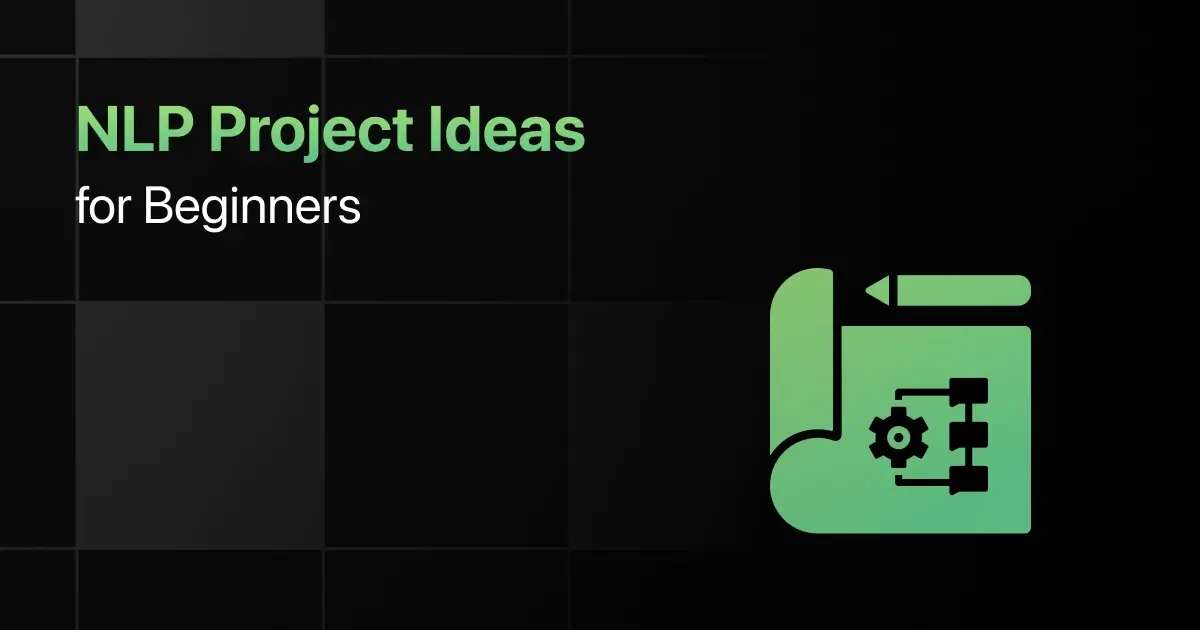


Golang Interview Questions
Are you preparing for your first Golang interview and wondering what questions you might face? Understanding the key Golang interview questions …
Warning: Undefined variable $post_id in /var/www/wordpress/wp-content/themes/placementpreparation/template-parts/popup-zenlite.php on line 1050


